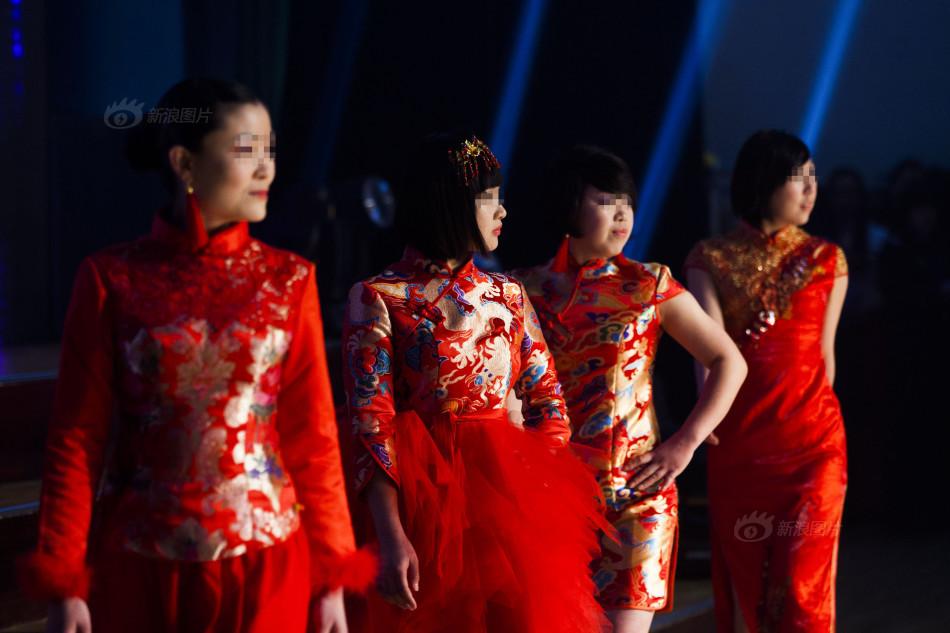The Jilin Women’s Prison in the northeast province of Jilin, China, recently put on a flamboyant fashion show in which both prison guards and prisoners took part—but the display of apparently progressive conditions in the jail shouldn’t be taken as an indicator of what really goes on inside the same walls.
Epoch Times recently reported about Che Pingping, for instance, a prisoner there, who has been subject to constant torture and brainwashing for her beliefs, in the very same walls as the cellmates strutting down the catwalk.
The difference is that Che is a practitioner of Falun Gong, a spiritual practice that has been persecuted in China since July 20, 1999. Adherents of the practice strive to follow the principles of truthfulness, compassion and forbearance in their daily lives, and perform the five meditative exercises.





